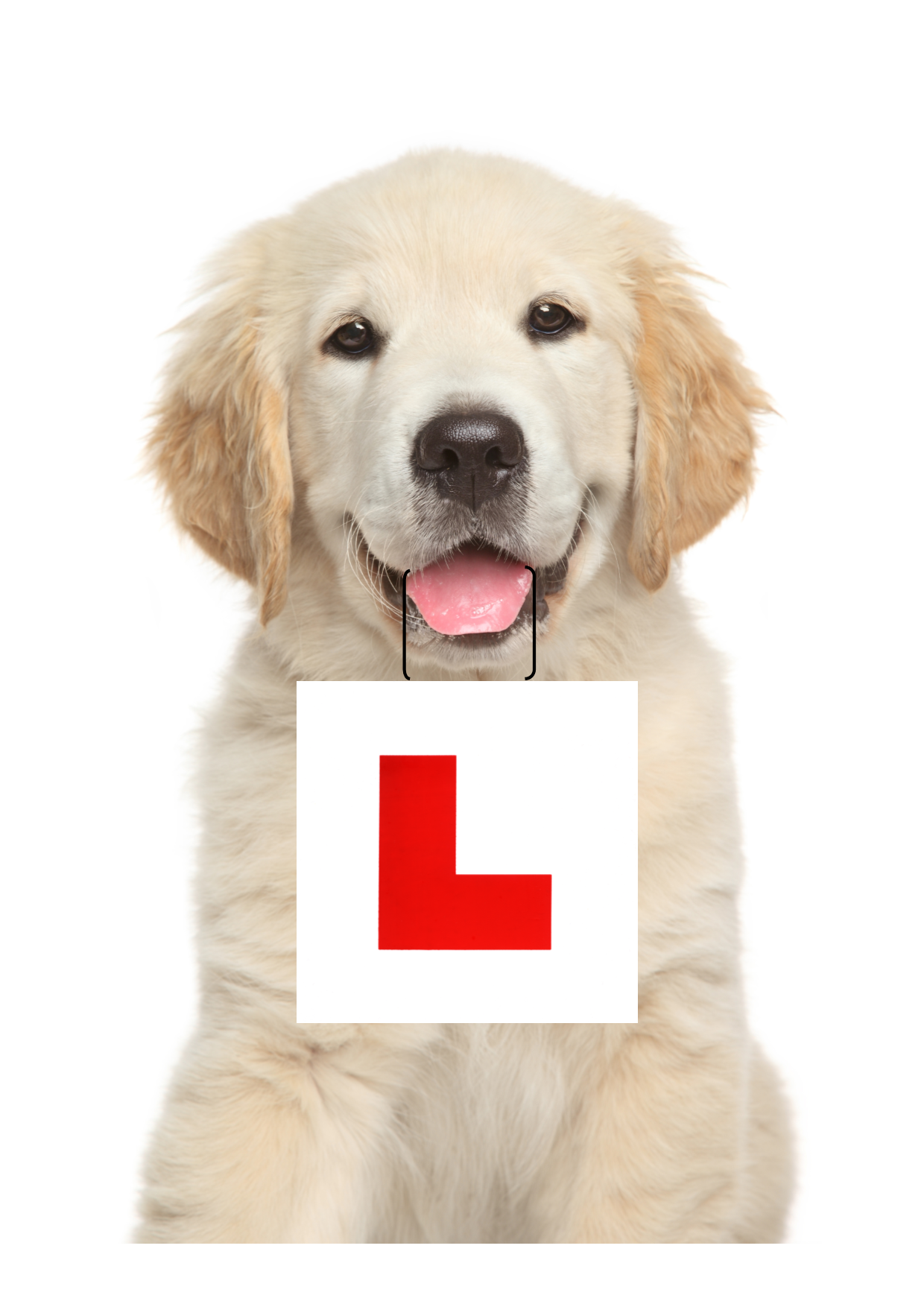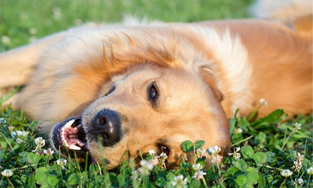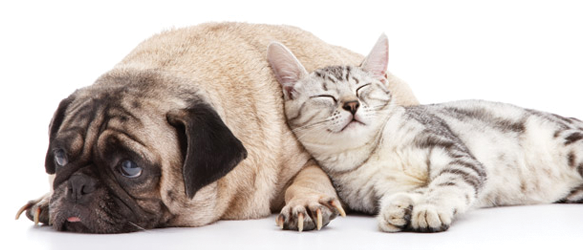How to House Train (or Crate Train) Your Little Pooch 
5th January 2016
House training (also known as crate training) is one of the most common topics asked by new puppy parents. Sue & Bob were very lucky in this area. Rocky, their beloved Golden Retriever, came into their lives when he was just eight weeks old, and their kids were eight and 10. Before he arrived, they found an old-fashioned baby play pen – the kind made entirely of wood, not mesh - and put it in the family room where they spent the most amount of time.
They wanted to make sure Rocky would socialize properly and recognize his place in the pack. He was never left alone for the first few weeks, night or day. And he never had an accident in the house or in his crate – that’s right – not even one! He would whimper in his play pen when he wanted to go out, and someone would take him to the same spot every time, under a big oak tree.
To be fair, it was summer vacation and the kids were available and eager for puppy duty.
If you’re not having the same good fortune as Sue & Bob, here are some helpful tips to get your pooch on the right house training track.
Remember your puppy is a baby who’s just been removed from his mummy and siblings. Imagine how traumatic that must be – be kind and gentle when you’re helping him learn the ropes in her new home.
The size of the crate is crucial. The ‘experts’ say the crate should only be large enough for him to stand up and turn around. We think that’s a bit small, and would prefer confining him in a space about four times his length and high enough that he can’t jump out. Personally, we don’t like lids on crates – it makes the crate seem too much like a cage rather than what he should perceive as his inviting safe place.
Den animals like dogs instinctively want to keep their lair clean, so help him. Take him out regularly (count the hours between his – a-hem – trips to the office, shall we say?) day and night for the first week or so, and gradually extend that time as he grows and his bladder matures. Always take him to the exact same spot – he will recognize his own scent and know that this is his bathroom.
If he does have an accident, clean it up immediately with vinegar and water or an enzyme-containing cleaner. DO NOT scold him – pick him up immediately and take him to his spot outside. If he goes, praise him in your softest happy voice.
Feed him at the same times every day. You’ll soon notice the correlation between his feeding schedule and his “business” schedule. Make sure his last feeding is several hours before the family turns in for the night. That will give him time to digest his food and make a final visit to his spot to relieve himself before bedtime.
Above all else, remember puppy house training isn’t rocket science. Keep your sense of humour and know that your puppy wants to please you. Set him up for success by being consistent and loving.

10 important questions to ask before boarding your pet
Going away on holiday can be an exciting time for us pet owners, yet how can you be sure that your companions stay will be as happy and relaxing as your own, whilst you are away? Leaving your pet with knowledgeable and experienced pet boarding operators can be achieved by knowing the right questions to ask.
Read more

 *Fully tax deductible, 30 day money back guarantee
*Fully tax deductible, 30 day money back guarantee



